Lincoln’s traditional learning track is the neighborhood elementary school for the West Wash Park and Baker neighborhoods. Families in the school boundary area are guaranteed a spot in this program, which runs from Kindergarten through 5th grade. The following information is specific to the Traditional Elementary track at Lincoln:
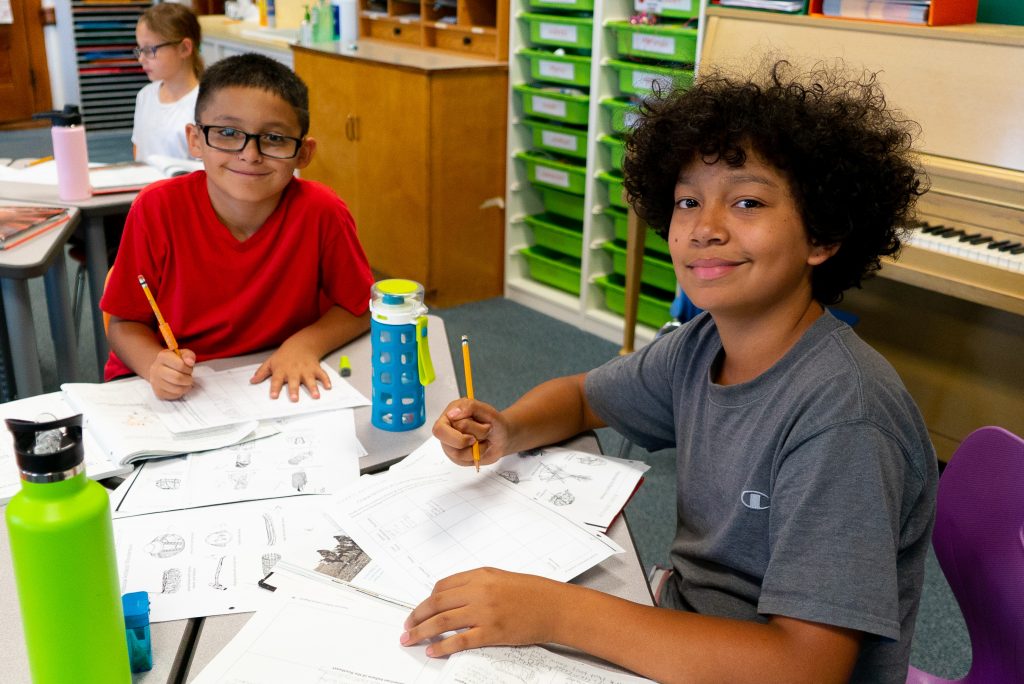
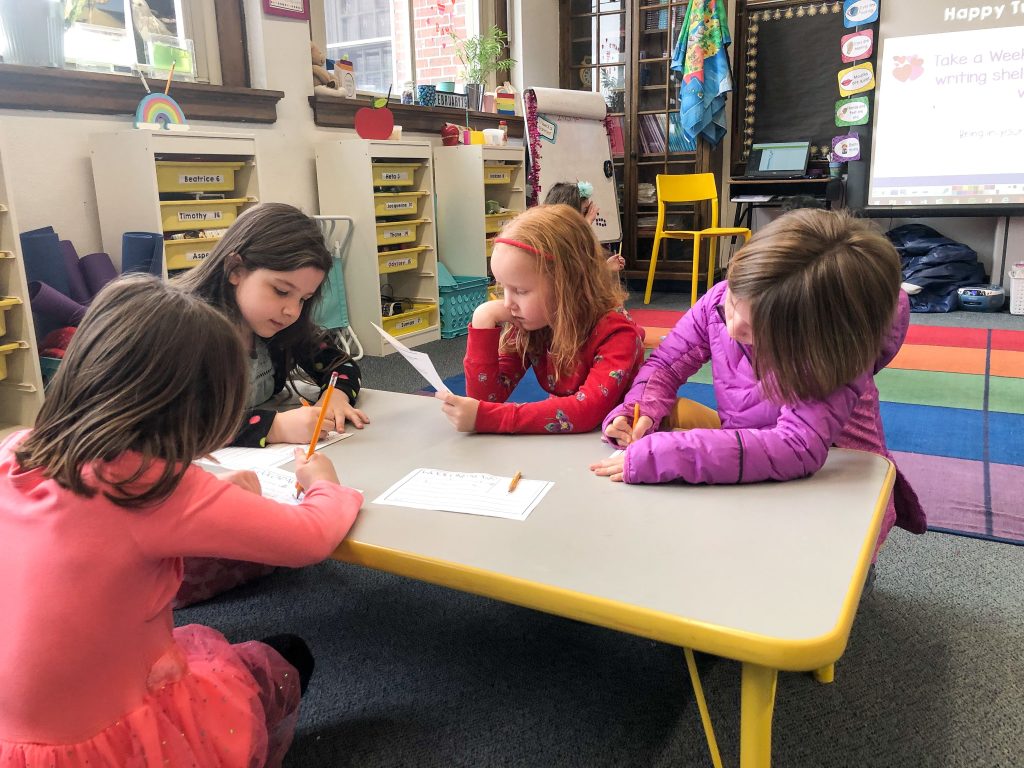
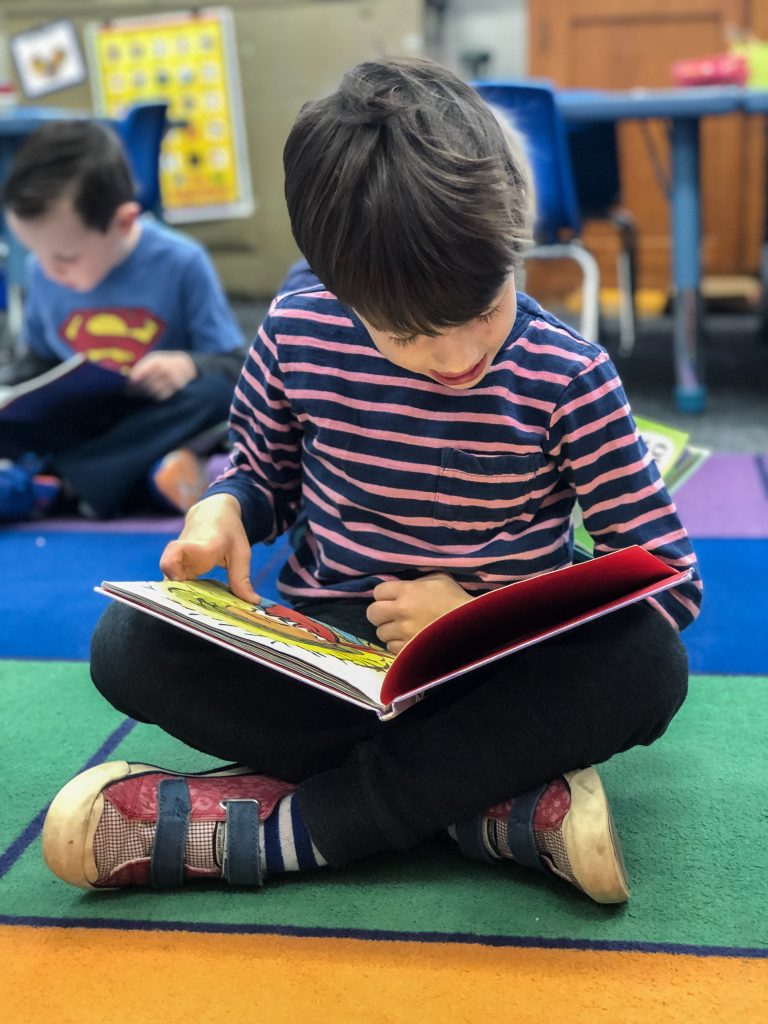
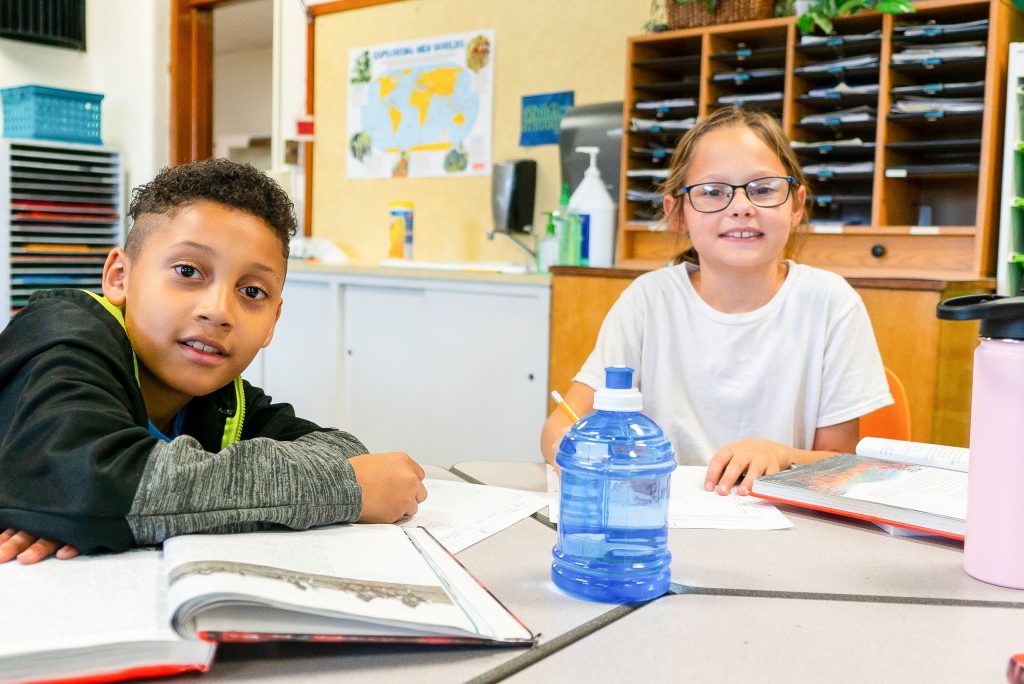
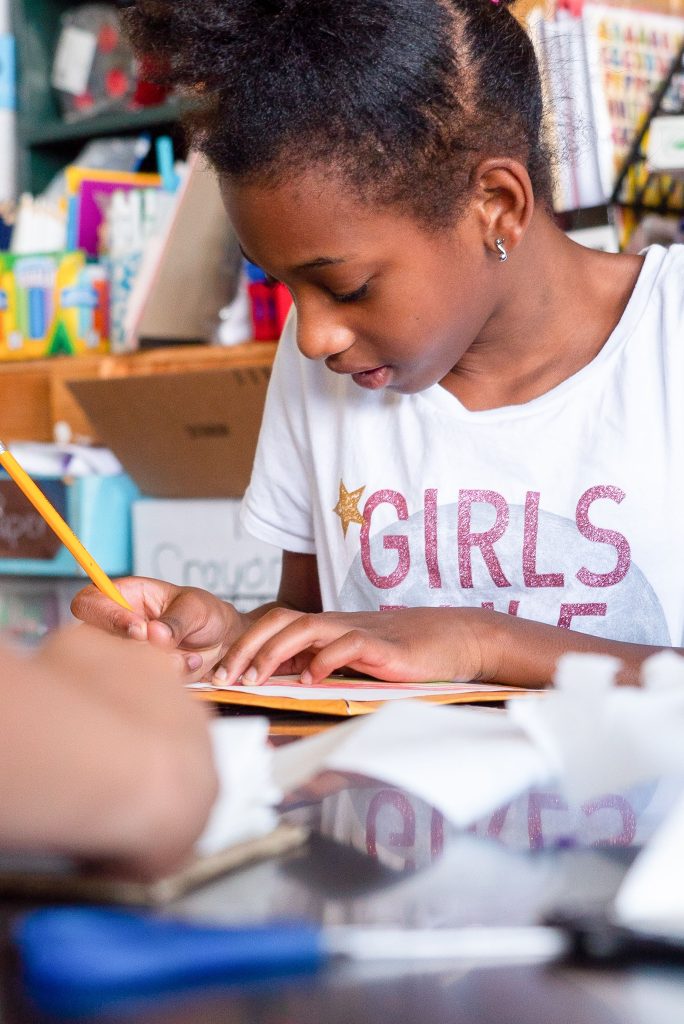
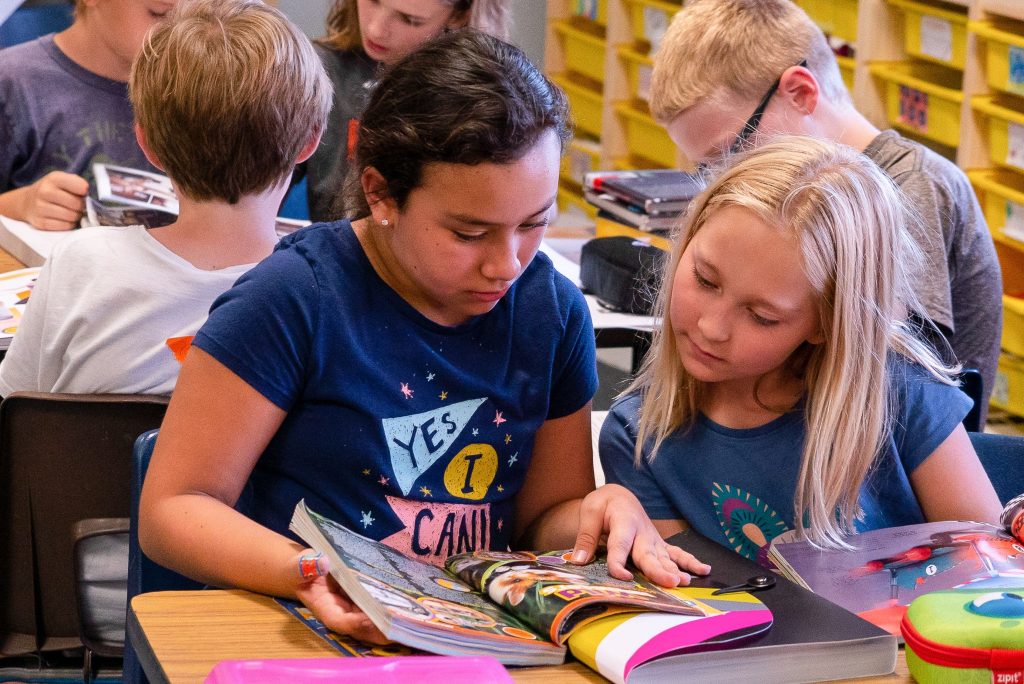
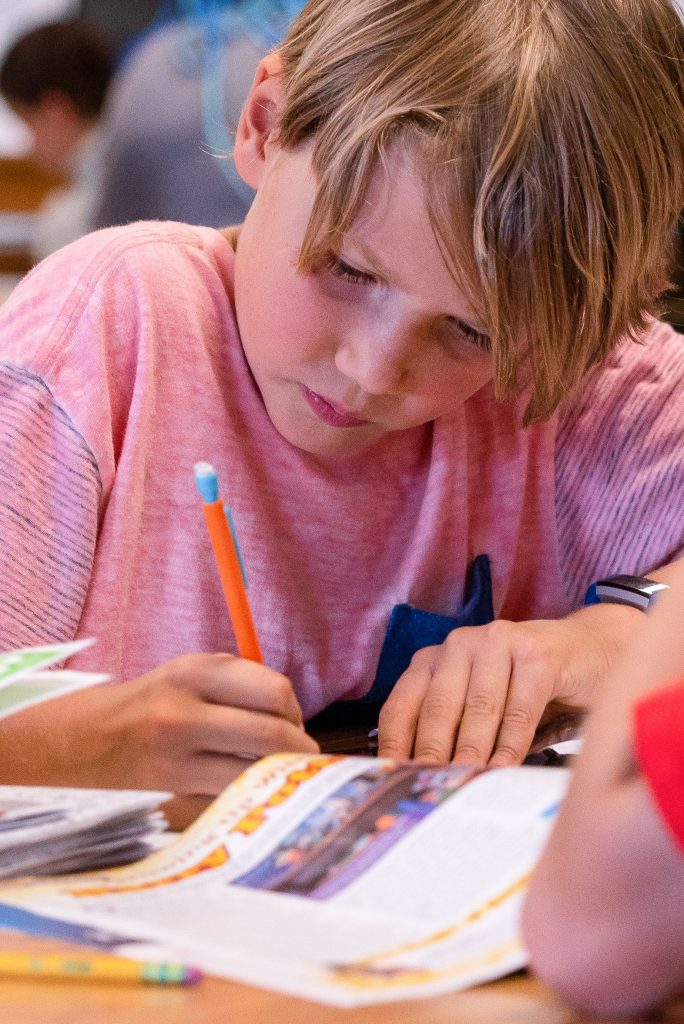
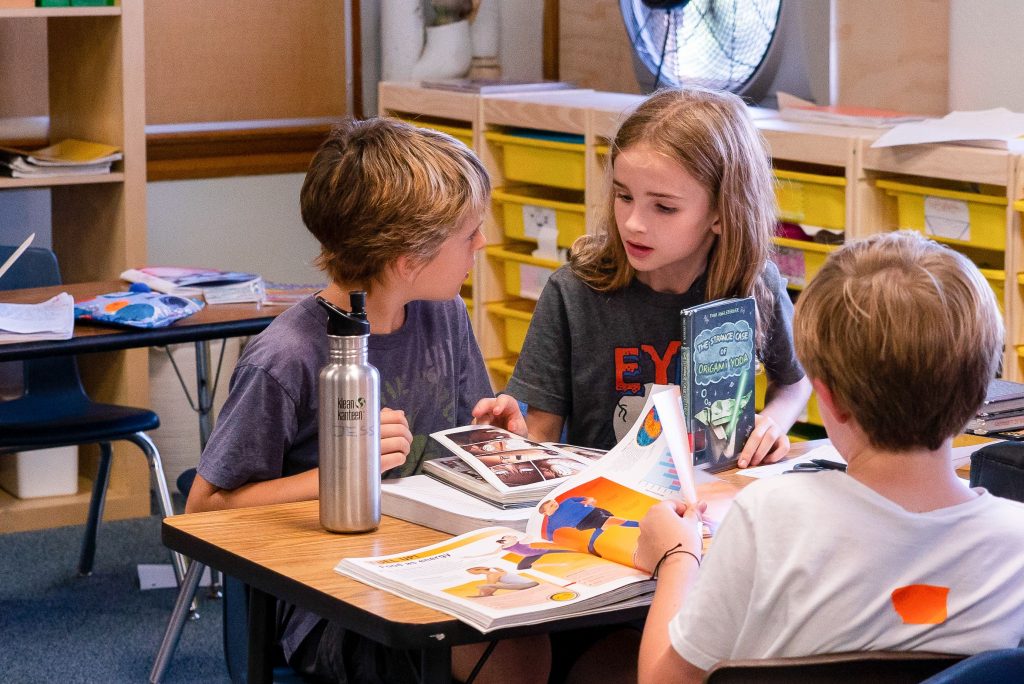
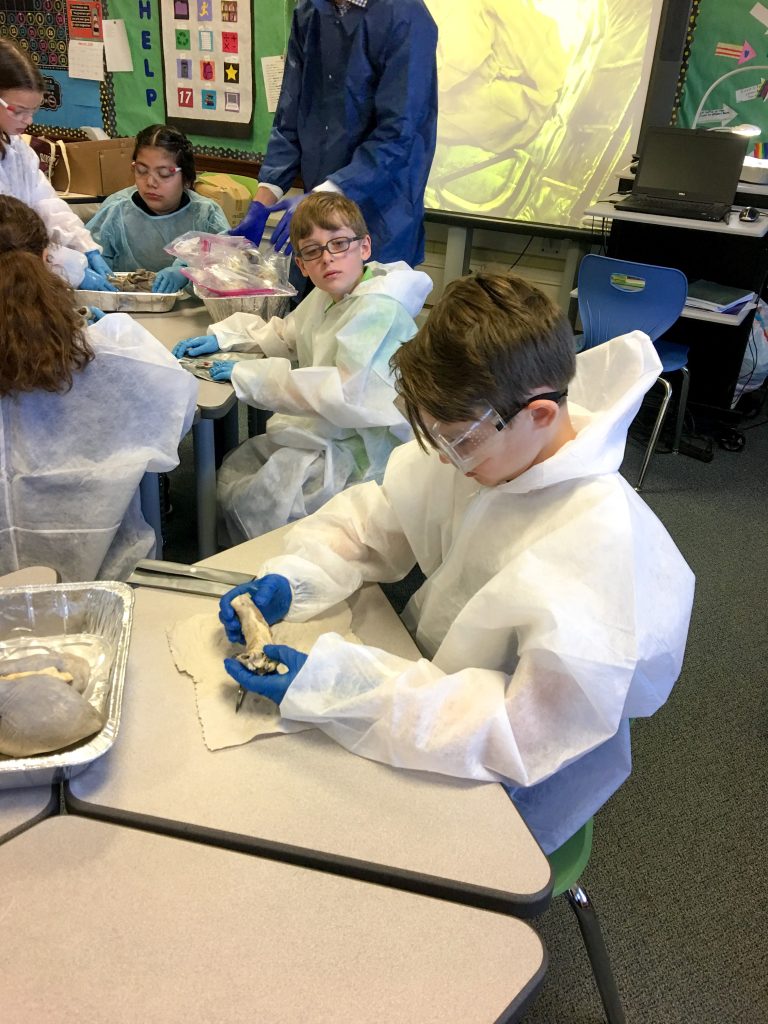
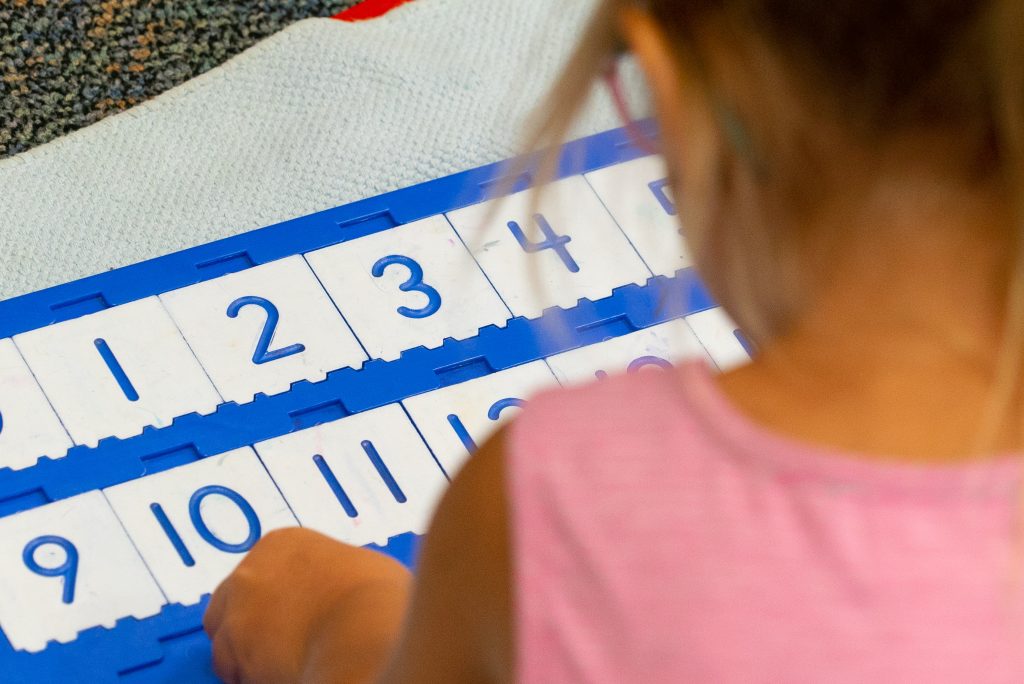
Informed by educational reform, progressive practices and the Montessori influences permeating our school, Lincoln’s “traditional” elementary curriculum is a rich learning environment. Lincoln’s educators take a holistic, research-based approach that focuses on educating the whole child. At Lincoln, you will find beautiful classrooms with learning spaces composed of different configurations of tables, sitting areas and stations that are designed by each teacher and are unique to the learning requirements at each grade level. Students engage with teachers, collaborate in groups and participate in integrated learning opportunities. All our classrooms have big windows with natural light and space for children to be comfortable and move around the classroom. Class sizes at Lincoln range from 24-28 students
You can “visit” our classrooms at the following links:
Lincoln’s traditional track uses DPS curriculums that are designed to enrich the cultural, cognitive and expressive identities of students to become lifelong learners who positively impact the world. Lincoln employs a whole child, whole community approach that ensures students achieve responsibility, self-reliance and academic success in Literacy and Language Arts, Mathematics, Science, and Character Development, including personal, social and emotional skills. Our traditional academic program is designed to provide students with foundational skills to be successful in a rapidly changing economic, cultural, and social landscape. These methods include inquiry and project-based learning with a focus on implementation of academic standards.
Prepared for Middle School, Lincoln graduates have:
Lincoln students build strong math skills using the Bridges curriculum, which challenges them to build knowledge through problem-solving, visual models, hands-on activities, games and direct instruction. They progress from a concrete understanding of content to a pictorial and ultimately an abstract understanding. Instruction of math vocabulary is an important component of the curriculum, which gives students the ability to articulate the principles they learn and connects them to other subject matter.
Our comprehensive literacy program develops reading and writing through systematic instruction based in the science of reading, ensuring students gain the foundation necessary to be successful in all areas of learning. All Lincoln teachers have completed the Colorado Department of Education Science of Reading coursework to support emerging and struggling readers. Additionally, our Kindergarten through 3rd grade teachers are Orton-Gillingham trained to incorporate multisensory phonics lessons in all of our classrooms.
Elementary classrooms utilize the Core Knowledge Language Arts (CKLA) curriculum for literacy instruction. CKLA focuses on building deep content knowledge across subjects like, history, science, and the arts, alongside systematic foundational skills instruction in reading and writing, all while incorporating rich vocabulary and complex texts to prepare students for higher-level learning.
Our traditional teaching team uses Amplify Science curriculum to provide literacy-rich science instruction, hands-on investigations and interactive digital tools to engage students to think, read, write, and argue like real scientists and engineers. We have found this rigorous science curriculum develops deep, creative thinking and independent discovery, engaging children and motivating them to explain the world around them. Through a phenomena-based approach to learning, Lincoln students study physical sciences, life sciences, earth and space science, while gaining an understanding of general science and engineering practices.
Our educators are well-versed with state and federal Standardized Testing requirements. Lincoln students in both programs tend to perform well.
Students’ reading skills are monitored throughout the year utilizing the mCLASS DIBELS assessment. This digital assessment system uses Dynamic Indicators of Basic Early Literacy Skills (DIBELS) 8th Edition to evaluate a student’s reading skills. It can be used to screen for dyslexia, monitor progress to instruction and intervention, and provide instructional resources.